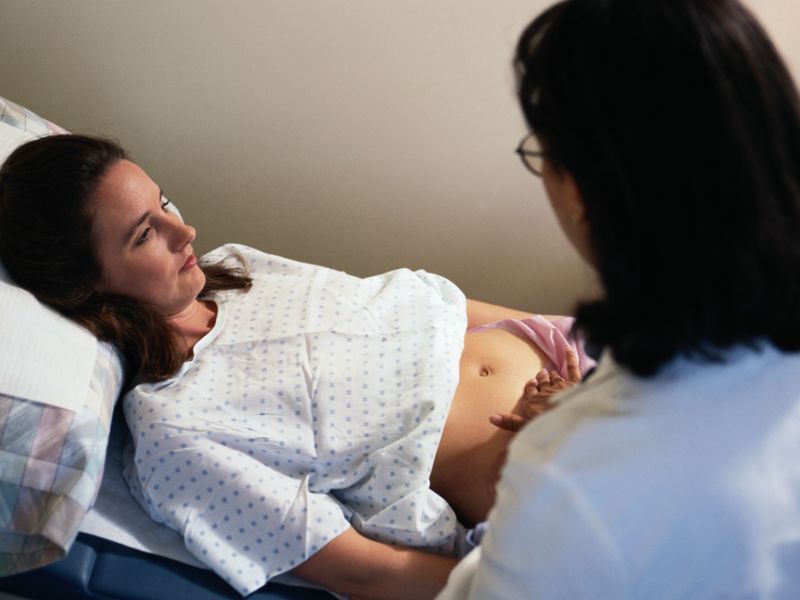Docs Should Screen for Depression During, After Pregnancy

MONDAY, Dec. 17, 2018 (HealthDay News) -- Doctors should screen women for depression during and after pregnancy, the American Academy of Pediatrics (AAP) says in an updated policy statement.
Undiagnosed and untreated depression among pregnant women and new mothers can put a baby's health at risk, and is one of the most common and costly pregnancy-related complications in the United States, according to the AAP.
"When we are able to help a mother deal with her mental health, we are essentially reaching the whole family," statement lead author Dr. Marian Earls said in an academy news release. "We hope to create a protective buffer for the baby while strengthening family relationships and well-being."
Between 15 percent and 20 percent of new mothers are affected by depression during pregnancy or in the year after giving birth, a problem now called "perinatal depression."
About 50 percent of women with perinatal depression are undiagnosed and untreated. This can hinder bonding and healthy attachment, skew a mother's perception of her baby's behavior, and impair her ability to keep her baby safe, researchers have found.
Women should be screened for depression once during pregnancy and during the infant's well visits at 1, 2, 4 and 6 months of age, according to the policy statement, which also encourages pediatricians to find support for patients with depression.
Statement co-author Dr. Jason Rafferty said, "We know that postpartum depression can be a form of toxic stress that can affect an infant's brain development and cause problems with family relationships, breastfeeding and the child's medical treatment."
Rafferty pointed out that "pediatricians are in a unique position to help identify parents in need of extra support."
According to Earls, doctors "have made strides in the past 10 years in education and screening parents for depression. But more work needs to be done, in tackling the stigma associated with mental illness and steering families to the right support."
The policy statement was published online Dec. 17 in the journal Pediatrics.
More information
The U.S. Office on Women's Health has more about pregnancy and depression.

The news stories provided in Health News and our Health-E News Newsletter are a service of the nationally syndicated HealthDay® news and information company. Stories refer to national trends and breaking health news, and are not necessarily indicative of or always supported by our facility and providers. This information is provided for informational and educational purposes only, and is not intended to be a substitute for medical advice, diagnosis, or treatment.

